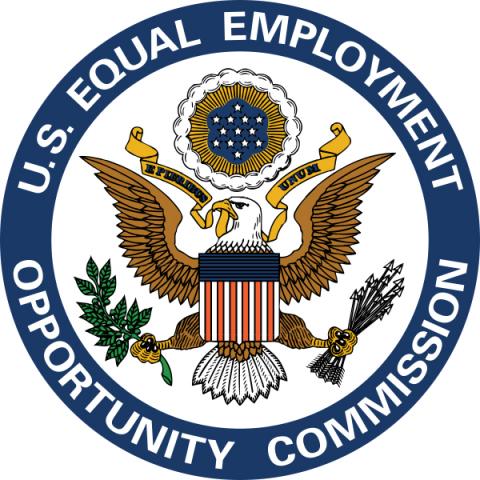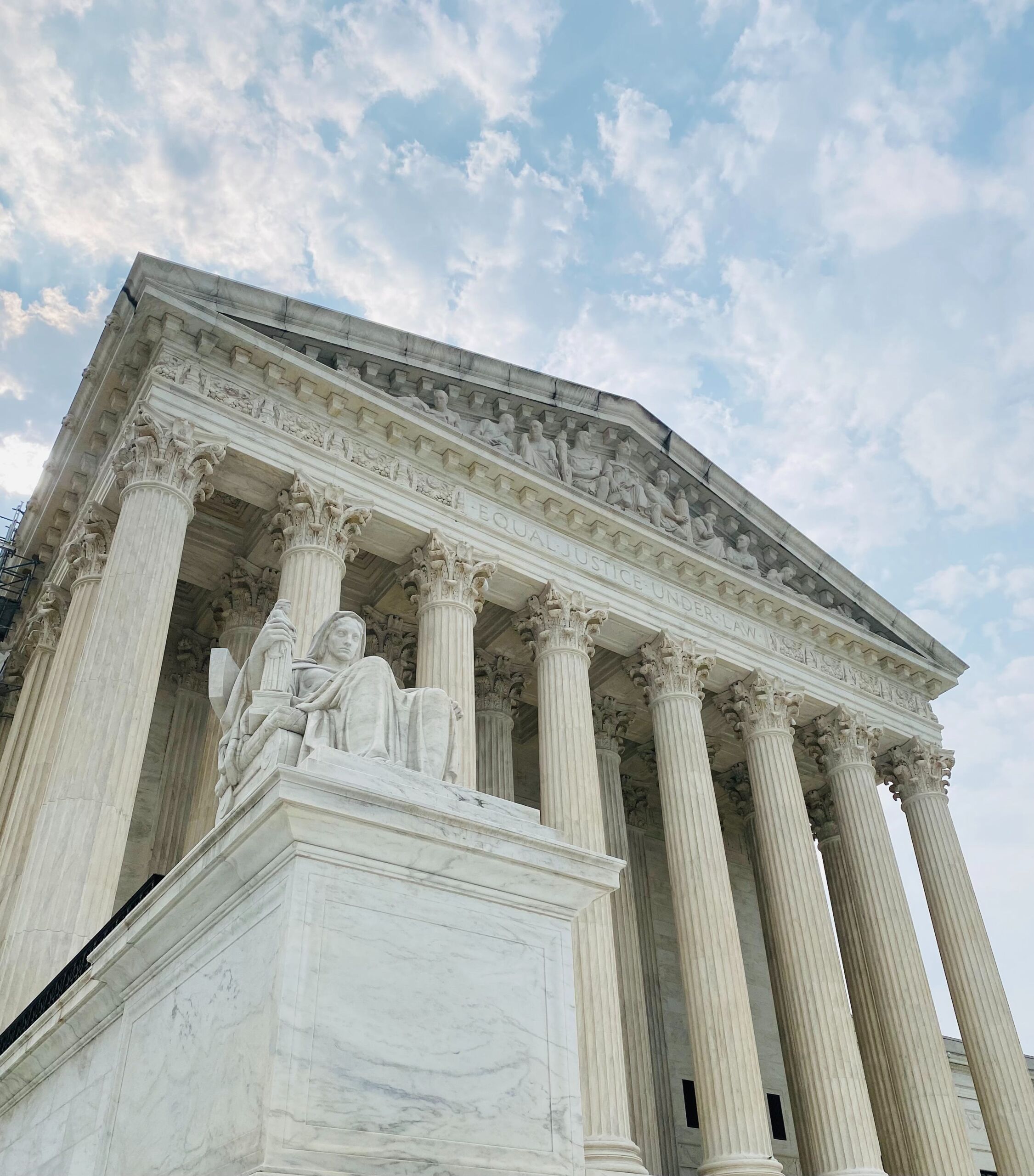 Leaving a job can be very stressful, especially when the departure involves signing an employment contract such as a severance agreement. In return for agreeing to do (or not do) certain things, you may be given certain benefits, such as severance pay. But figuring out whether to sign the severance agreement can be a difficult decision.
Leaving a job can be very stressful, especially when the departure involves signing an employment contract such as a severance agreement. In return for agreeing to do (or not do) certain things, you may be given certain benefits, such as severance pay. But figuring out whether to sign the severance agreement can be a difficult decision.
And those who work in Washington, D.C., may have additional factors to consider when negotiating changes to a severance agreement. Let’s look at some of the considerations that you should be aware of before signing any contract during or following your termination of employment.
1. You Have Greater Protections Against Discrimination
Like all workers in the United States, those in the capital city are protected by federal anti-discrimination laws. But in D.C., you’re also protected by the D.C. Human Rights Act (DCHRA), which prohibits discrimination based on a larger number of characteristics than federal law does.
For example, Title VII of the Civil Rights Act of 1964 (Title VII) outlaws employment discrimination based only on the following characteristics:
- race,
- color,
- religion,
- sex,
- national origin, and
- pregnancy (through the Pregnancy Discrimination Act of 1978).
Lucky for you, the DCHRA goes further. It prohibits employment discrimination based on all the same characteristics as Title VII, as well as the following:
- sexual orientation (Note that a few federal courts have interpreted discrimination based on sexual orientation as being a form of sex discrimination under Title VII. Learn more in our blog post “Appellate Court Finds That Discrimination Based on Sexual Orientation Violates Title VII.”),
- marital status,
- personal appearance,
- gender identity/expression,
- political affiliation,
- matriculation (student status), and
- family responsibilities (such as taking care of a child or other close family member).
A general release (also known as a waiver, where the employee waives any legal rights he or she may have to sue the employer) is a major provision in practically any severance agreement. Because of the extra protections of the DCHRA, if you are the victim of discrimination that is prohibited in D.C. but not elsewhere, you are in a better position to ask for more favorable severance agreement terms, such as higher severance pay.
2. Your Protection Under the DCHRA Applies to All D.C. Employers
Even if your employer subjected you to discriminatory conduct that’s prohibited by federal law, your employer still has to be subject to the federal law for it to help you. For example, Title VII only applies to employers with 15 or more employees.
In other jurisdictions, this can result in employees at smaller companies having no federal law to rely on when looking to pursue legal action against their employers for employment discrimination. But in D.C., you will not have to worry about your employer escaping liability for being too small, because the DCHRA applies to all employers, regardless of size.
3. Under the DCHRA, You May Be Entitled to Greater Monetary Recovery
 Getting the best terms in a severance agreement can depend on how much money you, as the employee, can potentially cost your employer, usually through a potential lawsuit. Any potential judgment that your employer may have to pay should it lose in court can be a reason for it to offer you better terms in a severance agreement.
Getting the best terms in a severance agreement can depend on how much money you, as the employee, can potentially cost your employer, usually through a potential lawsuit. Any potential judgment that your employer may have to pay should it lose in court can be a reason for it to offer you better terms in a severance agreement.
This is good news for you. In addition to protecting a larger number of classes, the DCHRA also allows for potentially greater damages than federal law does. Title VII puts caps on the compensatory damages that an employee can recover for discrimination. In contrast, the DCHRA has no such damage caps. Basically, a court can make the employer pay any amount that it feels is “appropriate” to fully compensate an employee who suffered from illegal discrimination. This potential increased financial exposure for D.C. employers is yet another advantage for employees during the severance agreement negotiation process.
4. You May Be Covered Under D.C.’s Own Mini-COBRA Law
In the rest of the U.S., the Consolidated Omnibus Budget Reconciliation Act of 1985 (COBRA) allows departing employees to continue their employer-sponsored health insurance coverage for a period of time. But COBRA only applies to employers with 20 or more employees. Fortunately, D.C. has its own version of COBRA, Section 32-732 of the Code of the District of Columbia, often referred to as Mini-COBRA.
D.C.’s Mini-COBRA law allows you to receive up to three months of continued health insurance coverage under your employer’s health benefits plan, as long as you aren’t discharged for gross misconduct.
5. If You Are a Victim of Discrimination, You Can Go Straight to Court
If employees elsewhere in the U.S. decide not to sign their severance agreements because they intend to sue their employers for employment discrimination, those employees may not be able to go directly to court if their lawsuits rely on federal law. For instance, when bringing an employment discrimination lawsuit under Title VII, the employee must first submit a complaint with the Equal Employment Opportunity Commission (EEOC) and go through its administrative complaint process.
Not so under the DCHRA. If you want to bring a discrimination lawsuit pursuant to the DCHRA, you can skip the administrative process and file your complaint directly with the D.C. Superior Court. Going directly to court may not always be the best decision from a legal strategy perspective. But this opportunity exists in D.C., and it can serve as a bargaining chip during severance contract negotiations.
Curious about what a severance agreement looks like? Check out our District of Columbia Model Severance Agreement.
For More Information
Do you still have questions about severance agreements? Need help applying this information to your own severance agreement? Please feel free to contact our office to discuss your specific situation with an experienced Washington, D.C., employment attorney.





